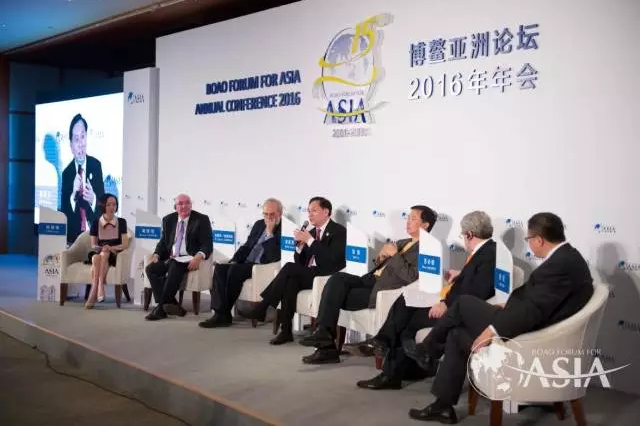
March 31, 2016 The Intellectual
Foreword: On March 23, 2016, Yale University President Mr Peter Salovey, MIT Chancellor Mr W. Eric L. Grimson, Western Sydney University Vice-Chancellor Mr Barney Glover, Shanghai Jiaotong University Chairman of the University Council Mr Jiang Sixian, Tsinghua University Vice President Mr Yang Bin and Peking University Chair Professor Mr Rao Yi came together at the 2016 Boao Forum for Asia, engaging in riveting discussion on the flaws and virtues of education in the Eastern and Western hemispheres. During the discussion, Mr Rao addressed some of the views made by Mr Salovey regarding higher education:
Mr Salovey quoted Jack Ma, as though he was qualified to teach us how to implement higher education. Mr Ma may be an intelligent businessman, but he may not necessarily be familiar, or even truly interested in higher education.
Mr Salovey argues that colleges should not only teach facts, but also how to get along with others. This appears to me as somewhat of an overkill. Presidents of universities in the Western world may be unaware that Chinese education has spent the past two thousand years teaching its pupils how to engage with people. And then, just over a hundred years ago, the Chinese come to a realisation: that an education that emphasises interpersonal relationships is harmful and hinders the development of China. We need to impart knowledge, the product of human intelligence, including both natural sciences, humanities and social sciences. The social, interpersonal aspect, however, is one that is often innate, but can also be nurtured and influenced given the appropriate family environment as well as education at the primary and secondary level. However, if universities are also taking on the task of teaching interpersonal communication, where does this leave room for imparting knowledge? What would be the point of intellectual heritage since the Renaissance?
As Salovey explains, Goldman Sachs welcomes English programme graduates who are articulate and sociable. Yale university also takes charge of career planning for its students. All of that sounds reasonable. For parents and schools, a good university education that has done its job well produces students that achieve success in the world, but should institutions like Yale and Peking University cite social success as the ultimate goal of their teachings? To that end, Donald Trump and Jack Ma are very successful figures in their respective countries, at least in terms of power and money.
There are lots of people in the political and economic world that may not be as intellectually-versed, but have earned their place in society. That said, do we want to cultivate individuals who only know how to move up the ladder with their gift of gab?
Institutions of higher learning have a responsibility to pass down the thousands of years of knowledge we’ve accumulated, and then allow its students to communicate the latest findings to the world and lead the development of society.
With the discussion now focused on higher education in the Western hemisphere, many people believe the discussion is how Chinese should emulate the Western model of education, one that was only finalised a hundred years ago. Modern western university leaders aren’t necessarily experts, much less so leaders in higher education. Both China and the West are faced with outstanding issues, and there are common issues that need to be carefully studied. We need to consider more carefully, not only when it comes to the issue of education, but its ultimate purpose.
Do we simply accept the status quo? Or lead the future of society? These are questions for universities to answer, and for students to consider.